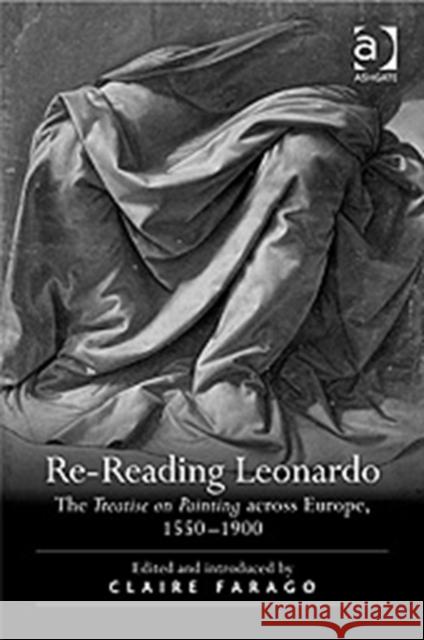Re-Reading Leonardo: The Treatise on Painting Across Europe, 1550-1900 » książka
Re-Reading Leonardo: The Treatise on Painting Across Europe, 1550-1900
ISBN-13: 9780754665328 / Angielski / Twarda / 2009 / 652 str.
For nearly three centuries Leonardo da Vinci's work was known primarily through the abridged version of his Treatise on Painting, first published in Paris in 1651 and soon translated into all the major European languages. Here for the first time is a study that examines the historical reception of this vastly influential text. This collection charts the varied interpretations of Leonardo's ideas in French, Italian, Spanish, English, German, Dutch, Flemish, Greek, and Polish speaking environments where the Trattato was an important resource for the academic instruction of artists, one of the key sources drawn upon by art theorists, and widely read by a diverse network of artists, architects, biographers, natural philosophers, translators, astronomers, publishers, engineers, theologians, aristocrats, lawyers, politicians, entrepreneurs, and collectors. The cross-cultural approach employed here demonstrates that Leonardo's Treatise on Painting is an ideal case study through which to chart the institutionalization of art in Europe and beyond for 400 years. The volume includes original essays by scholars studying a wide variety of national and institutional settings. The coherence of the volume is established by the shared subject matter and interpretative aim: to understand how Leonardo's ideas were used. With its focus on the active reception of an important text overlooked in studies of the artist's solitary genius, the collection takes Leonardo studies to a new level of historical inquiry. Leonardo da Vinci's most significant contribution to Western art was his interpretation of painting as a science grounded in geometry and direct observation of nature. One of the most important questions to emerge from this study is, what enabled the same text to produce so many different styles of painting?











